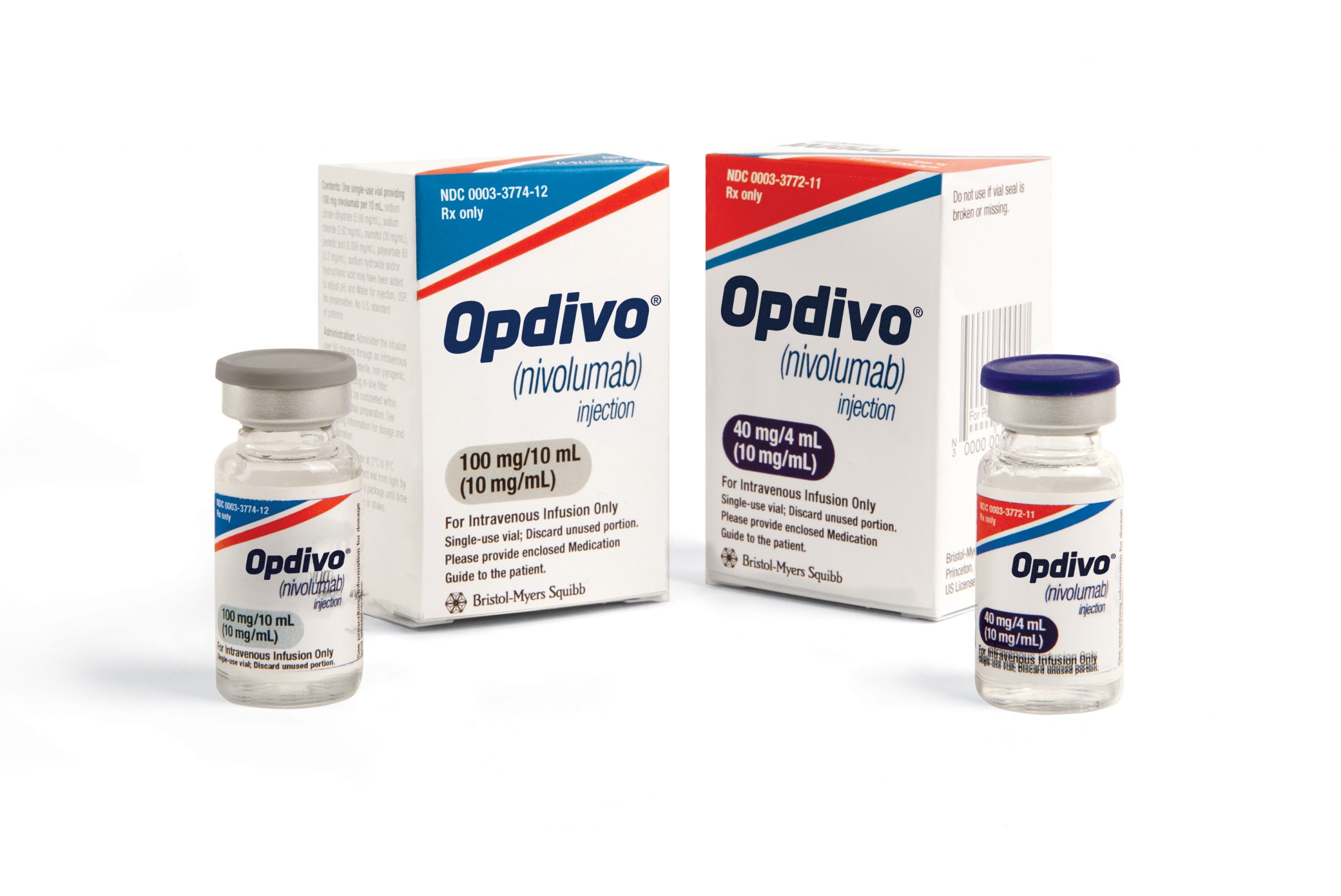After a year's delay, BMS seals Opdivo lung cancer deal with NICE

Bristol-Myers Squibb will now challenge its rival, MSD's Keytruda, in second line lung cancer treatment in England after it agreed a 'managed access' deal with NICE.
The decision is a market access breakthrough for BMS, as it has been at loggerheads with NICE over the evidence for nearly a year - during which time its main competitor, MSD's Keytruda, has stolen a march on it.
Keytruda gained NICE recommendation for routine use in second line lung cancer patients last December, and secured a first line use recommendation via the Cancer Drugs Fund (CDF) in June this year.
Now BMS has struck a similar agreement for Opdivo in second line use via a CDF 'managed access agreement'.
The deal represents a compromise between BMS and NICE: last year NICE had offered to only fund Opdivo in patients with PD-L1 levels above 10%, about a third of patients.
Now NICE has agreed to fund its use in all eligible second line patients, but responses in PD-L1 and non-PD-L1 patients will be monitored, as will overall survival.
The deal means BMS' own trial, CHECKMATE O17 will be the primary source of this data, with a 5-year data cut from the trial expected in June 2019.
After this point, Opdivo will either be accepted for permanent NHS funding or lose all funding.
The agreement is another milestone for the CDF managed access scheme, and its progress toward becoming a working real world evidence system.
NHS leaders want to make England's health service a leader in collecting real world evidence to support clinical and cost effectiveness decisions.
However the fact that the deal will hinge on BMS' clinical trial, and not NHS data illustrates that the system is not yet fully mature.
However such deals will help build up the credibility of the NHS' central SACT database. During the managed access agreement period, NHS organisations will collect data on overall survival, duration of therapy and PDL-1 expression (via the NHS high cost drug management system Blueteq) and pass this on to SACT.
Around 1,300 patients are expected to receive Opdivo under the arrangements announced today.
Professor Carole Longson, director of the NICE centre for health technology evaluation, said: “We know that nivolumab is clinically effective for some people with lung cancer but the full extent of its benefit is not clear. This new deal means that we can give patients access to what we know is a promising treatment whilst more evidence is gathered on its value.”
Even though the agreement is a breakthrough for BMS, it is still clearly trailing behind MSD in lung cancer use in England.
Keytruda has a major advantage over Opdivo because of its first-line lung cancer approval, a highly lucrative indication where BMS’ drug has failed to produce results, and where Keytruda looks set to become the new standard of care.
Elsewhere in the UK, the Scottish Medicines Consortium has made Opdivo available through regular NHS funding in squamous NSCLC, but restricted its use in non-squamous disease.
However other rivals in the field are also experiencing problems with NICE - Roche's Tecentriq was given a draft 'not recommended' decision in PD-L1 positive metastatic second line lung cancer patients last month.












